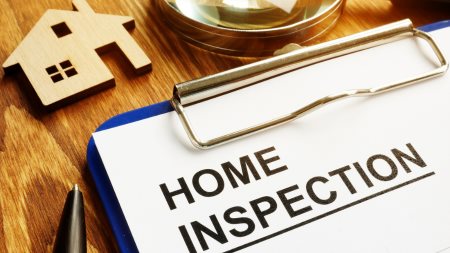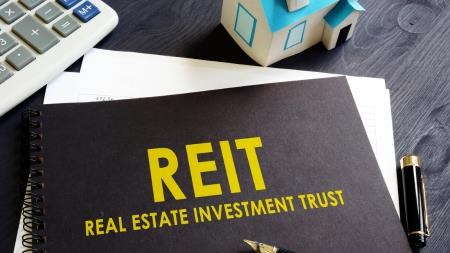Landlords must conduct the mandated property inspections
From a landlord’s perspective, undertaking property inspections is essential to protect their investment, says Rawson Property Group.
It may seem onerous, but if you are a landlord, you are mandated to do at least two, even three, inspections during a lease to ensure that tenants are adhering to the terms of their lease. Jacqui Savage, National Rentals Manager for the Rawson Property Group, explains why and goes into detail about what is required.
Types of property inspections landlords should undertake
There are three important types of inspections during a lease period:
- Incoming inspections: When a tenant moves into the property.
- Interim inspections: Conducted during the lease period (optional).
- Outgoing inspections: When the tenant moves out of the property.

What should be checked during an inspection?
The entire house needs to be inspected. Inspections help ensure that tenants are aware of any minor issues, such as chips or marks, so they are not held liable for repairs at the end of the lease.
The key areas to check during these inspections include:
- Fixtures, water pressure, and light bulbs.
- Condition of the flooring (tiles, carpets, etc.).
- Walls, cupboards, windows, and door handles.
- Bathroom fittings (toilets, baths, showers).
- Locks on doors and windows.
Why should the tenant be present?
According to the Rental Housing Act (RHA), both the tenant and the landlord are required to be present during incoming and outgoing inspections.
It’s in the tenant’s best interest to attend these inspections to ensure they are aware of any damages when moving in. The tenant will sign the inspection report, acknowledging the condition of the property. At Rawson Property Group, our rental services include both required inspections and optional interim inspections every six months.
What should the lease say about inspections?
The lease should clearly outline the rights and responsibilities of both the landlord and the tenant, specifying the purpose, frequency, and procedures for inspections, as well as how damages or repairs will be handled. This helps avoid disputes at the end of the lease.
Under South African law and the Rental Housing Act (RHA), landlords are required to conduct incoming and outgoing inspections to assess the condition of the property, but it's beneficial to go beyond this by performing a pre-rental inspection to identify and repair latent defects before a tenant moves in. This proactive step helps avoid costly repairs during the lease period. Additionally, landlords should document the condition of the property in detail, including each room, outbuildings, and gardens, during inspections to prevent future disputes. While quarterly inspections are not mandated, they are a recommended practice to monitor the property’s condition and address any issues before they escalate, ensuring both tenant satisfaction and the protection of the landlord’s investment.

Handling tenant requests and complaints
The property is typically rented "as is," and any additional requests from the tenant should be recorded under the special conditions of the [lease agreement][5]. The landlord is not obligated to entertain requests unless agreed upon. However, repairs to appliances or issues affecting the tenant’s safety or comfort (e.g., water or power issues) must be addressed promptly, typically within 24-72 hours.
Landlord and tenant responsibilities
The landlord must ensure that the property is safe, with essential utilities like water, hot water, and electricity in working order. The landlord is also responsible for repairs caused by fair wear and tear, while any damage caused by the tenant’s negligence will need to be covered by the tenant.
If tenant damage is revealed during an outgoing inspection
Any damages must be recorded on the inspection sheet, which is signed by both the tenant and the landlord. The lease typically outlines the process for handling tenant-caused damages, stating that repair costs will be deducted from the tenant’s deposit. For guidance on recovering a rental deposit, read these tips.
If the damages occur during the tenancy, the landlord will approach the tenant to pay for repairs. The landlord must discuss this process with the tenant at the start of the lease agreement to avoid surprises later.
Importance of inspections during tenancy
If the landlord fails to conduct the mandatory inspections (especially incoming and outgoing), they may not be able to claim damages from the tenant, as outlined in the Rental Housing Act. Interim inspections, though optional, can also help prevent disputes by identifying any maintenance issues early on.
The use of evidence during inspections
The Rental Housing Act also requires all defects to be recorded in writing and signed by all parties. Photographs and videos of the property’s condition are critical for comparison between incoming and outgoing inspections. It’s essential that these pictures or videos be date- and time-stamped to avoid any disputes.
By following these practices, landlords can ensure their property is well-maintained and avoid unnecessary conflicts with tenants when the lease ends.





